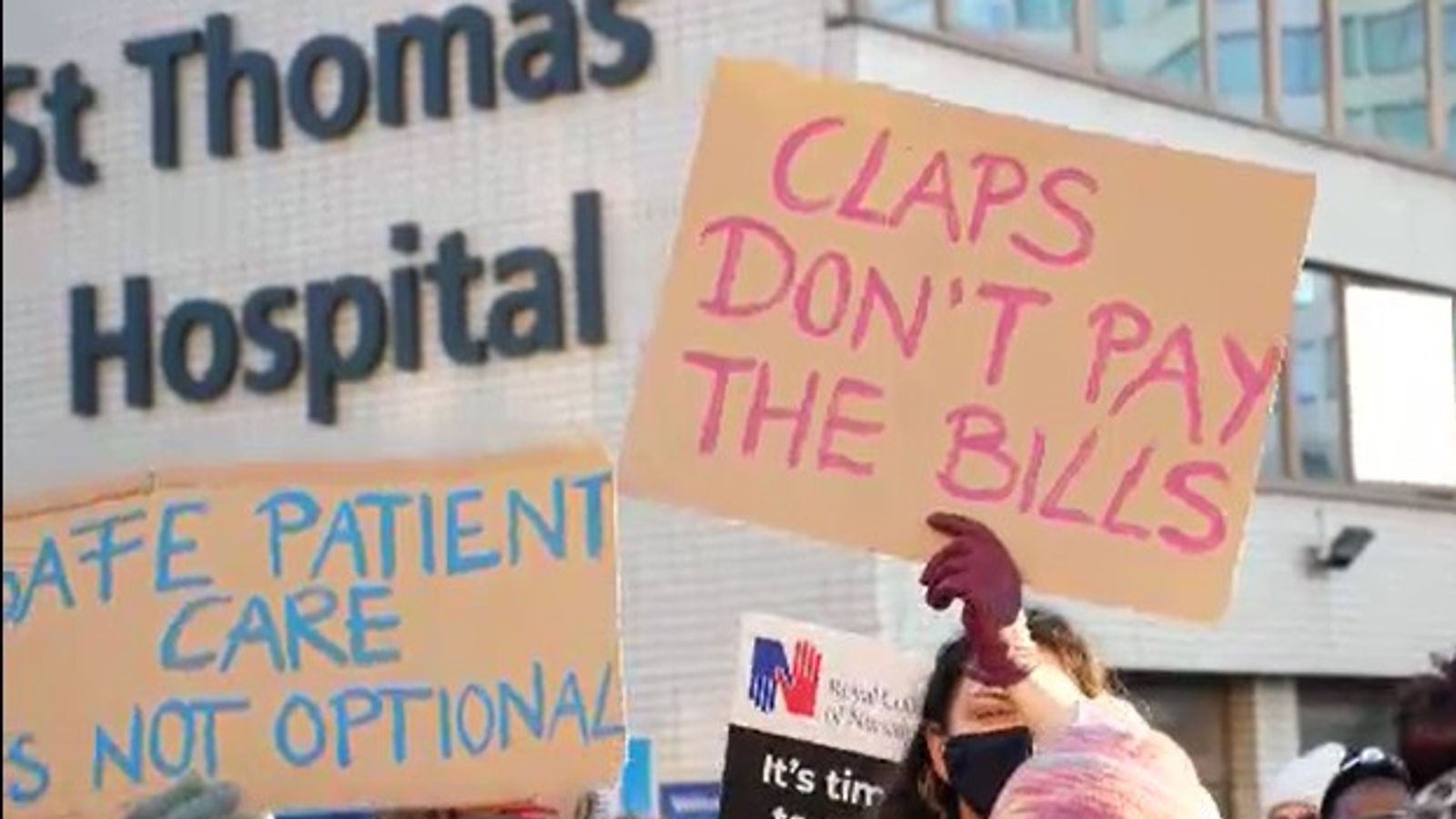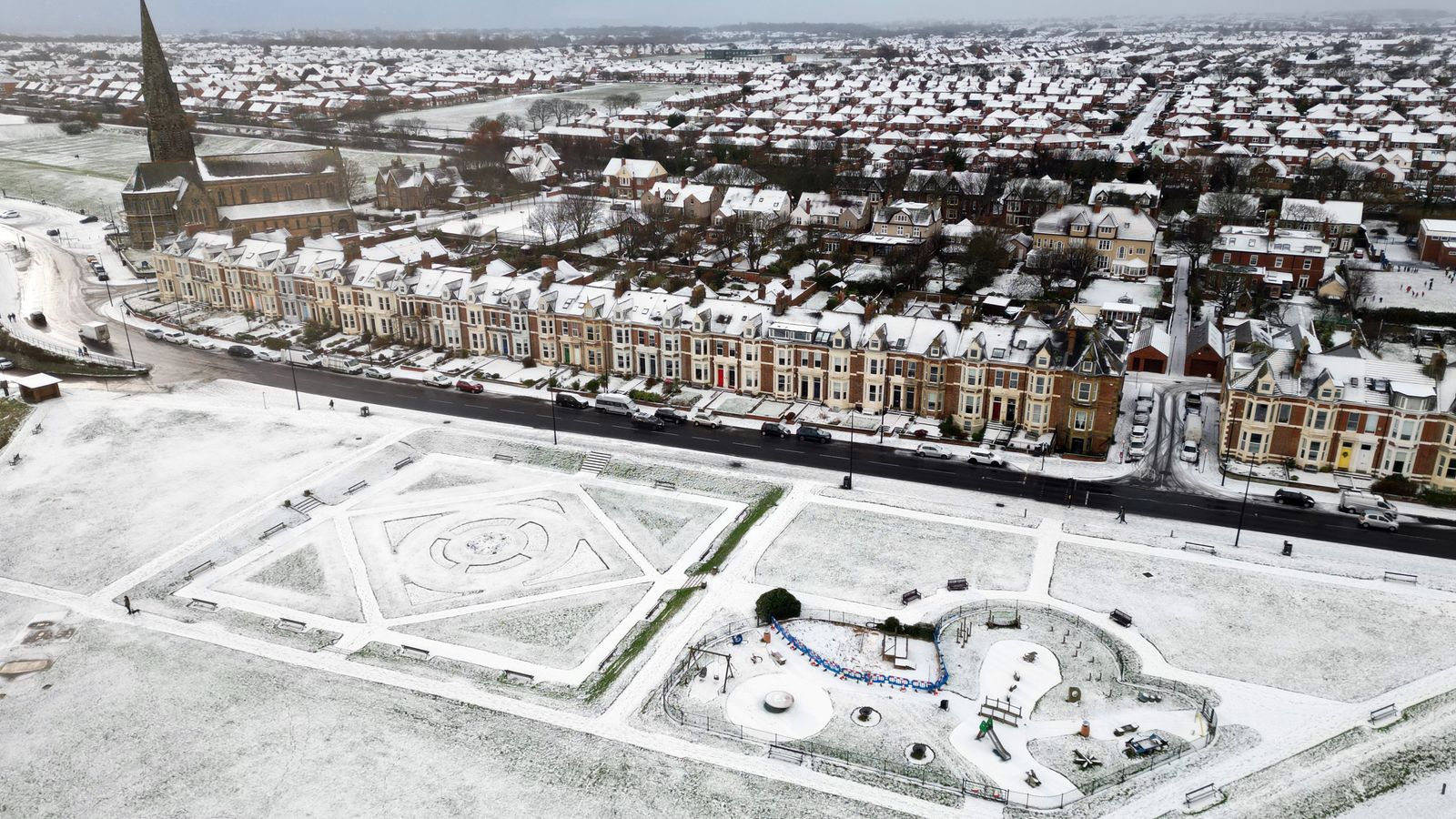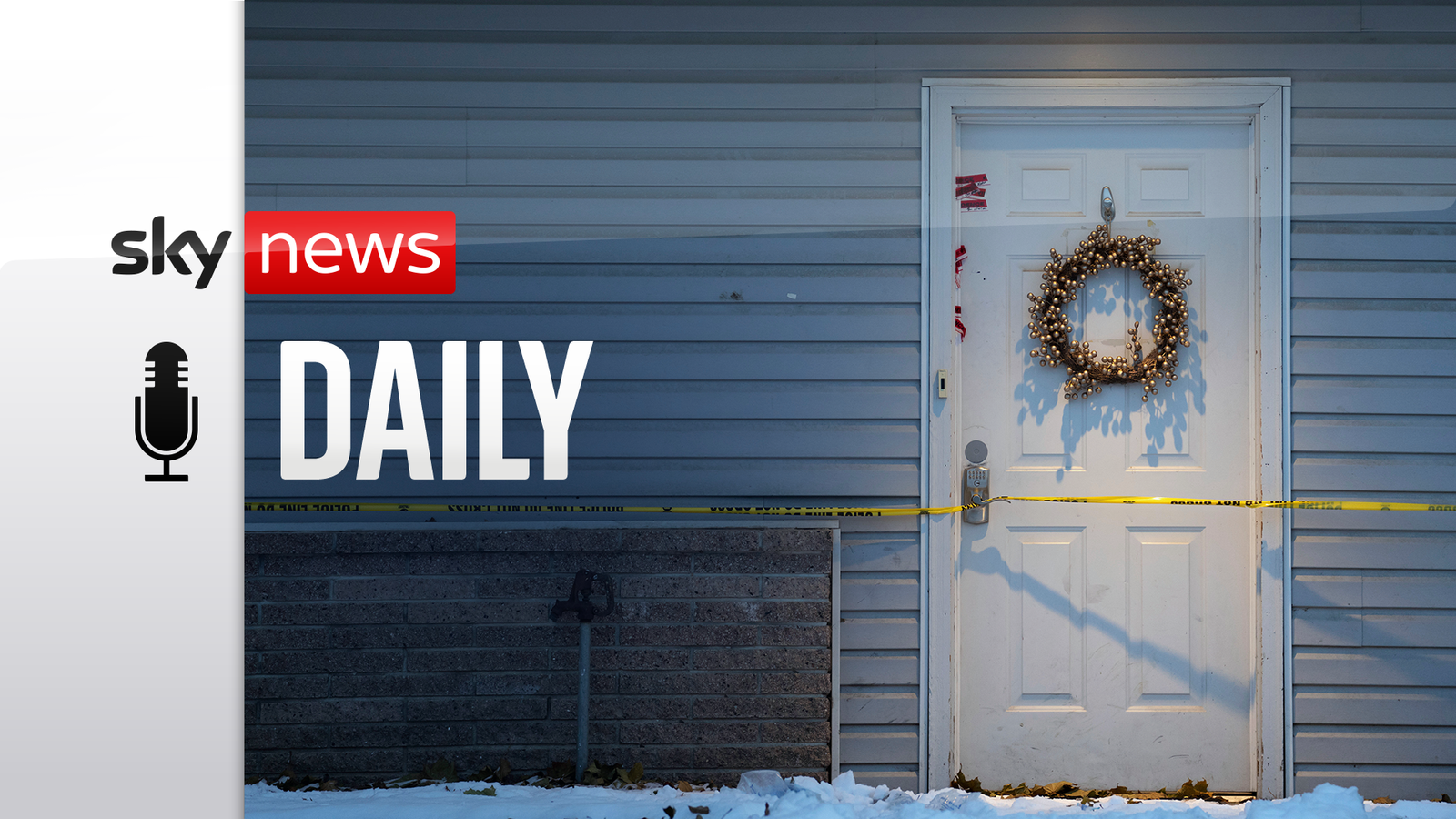The atmosphere was more street carnival than picket line outside St Thomas’s hospital in London this afternoon.
One nurse I spoke to described it as “relief”.
Kafeelat Adekune is a community matron with more than 36 years’ nursing experience. She used the word “relief” because for her and her colleagues strike action is something they just did not consider seriously, and now they cannot believe they have actually done it: taken industrial action.
She told me her patients were safe and well protected and none were in danger. That was a fear expressed by the government yesterday.
Kafeelat also told me her husband has to give her a monthly allowance, so she can make ends meet. She sounds worn down, tired, but determined.
‘Tragic day for the NHS’ – nurses’ strike as it happened
The problem for the nurses’ union, the RCN, is that the government is equally determined.
Ambulance hospital handover delays hit new high in England as one in six patients wait more than hour
‘We are exhausted and deflated’ – nurses’ stories from picket lines across the country
Crisis in NHS cancer care needs same focus as search for COVID vaccine, experts warn
I interviewed Health Secretary Steven Barclay before I went to the nurse’s picket line. I asked him at least four or five times if he was prepared to negotiate.
And every single time he answered by saying the government had listened to the recommendations of the independent pay review body.
It has already accepted recommendations made by the NHS Pay Review Body to give below inflation pay rises of around 4%.
Read more:
Exclusive: Ex-health secretary issues warning over NHS
The government estimates some 70,000 appointments were cancelled today – on day one of industrial action. There’s another strike day planned for next week.
Have you had an appointment cancelled? Share your NHS experience with Sky
And then possibly more days into winter and the New Year. Every single one of these appointments will need to be rescheduled. So these tens of thousands of patients will be added to the seven million-strong waiting list.
All adding to the unsustainable pressure that is forcing so many nurses to quit the profession.
Please use Chrome browser for a more accessible video player
My understanding is that NHS leaders are more concerned about next week’s strike action planned by ambulance workers. Those fears will probably percolate up to health ministers.
If they see hospital strikes as manageable and ambulance strikes as more worrying, what will happen then if there is coordinated action by health unions, because that could happen.
That would raise the stakes significantly: for the government, striking health workers and ultimately NHS patients.









